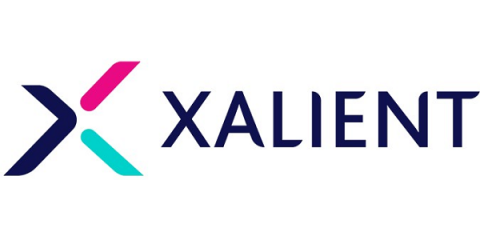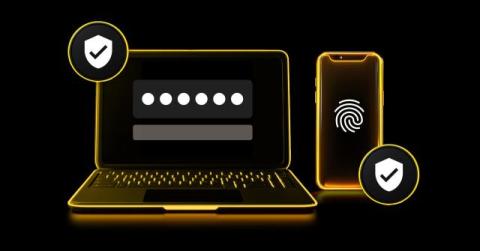10 Business Problems You Can Solve with No-Code Platforms
No-code platforms have become a powerful tool for businesses to address various challenges without the need for extensive coding knowledge. By enabling users to create applications through visual drag-and-drop interfaces, no-code platforms empower both technical and non-technical teams to innovate and create solutions quickly. This article will explore ten common business problems that no-code platforms can help solve, from workflow automation to enhancing customer service.











